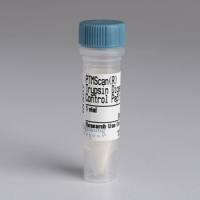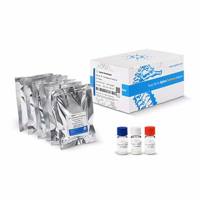Metabolic Engineering of Acremonium chrysogenum to Produce Deacetoxycephalosporin C and Bioconversion to 7-Aminodeacetoxycephalosporanic Acid
互联网
747
7-Aminodeacetoxycephalosporanic acid (7-ADCA) and 7-aminocephalosporanic acid (7-ACA) are the starting materials for the production of all clinically important semisynthetic derivatives of cephalosporins. Whereas 7-ADCA is conventionally produced from penicillin by a synthetic chemical method, here we describe an alternative bioprocess for its production. The method is based on the disruption by one-step replacement of the cefEF gene, encoding the bifunctional expandase/hydroxylase activity, of a cephalosporin C-producing strain of Acremonium chrysogenum. Subsequently, cloning and expression of the cefE gene from Streptomyces clavuligerus in the A. chrysogenum disrupted transformant yield recombinant strains producing deacetoxycephalosporin C (DAOC). DAOC production level is almost equivalent to the total β-lactams biosynthesized by the parental strain. DAOC deacylation is carried out by two final enzymatic bioconversions catalyzed by D-amino acid oxidase (DAO) and glutaryl acylase (GLA), yielding 7-ADCA.









